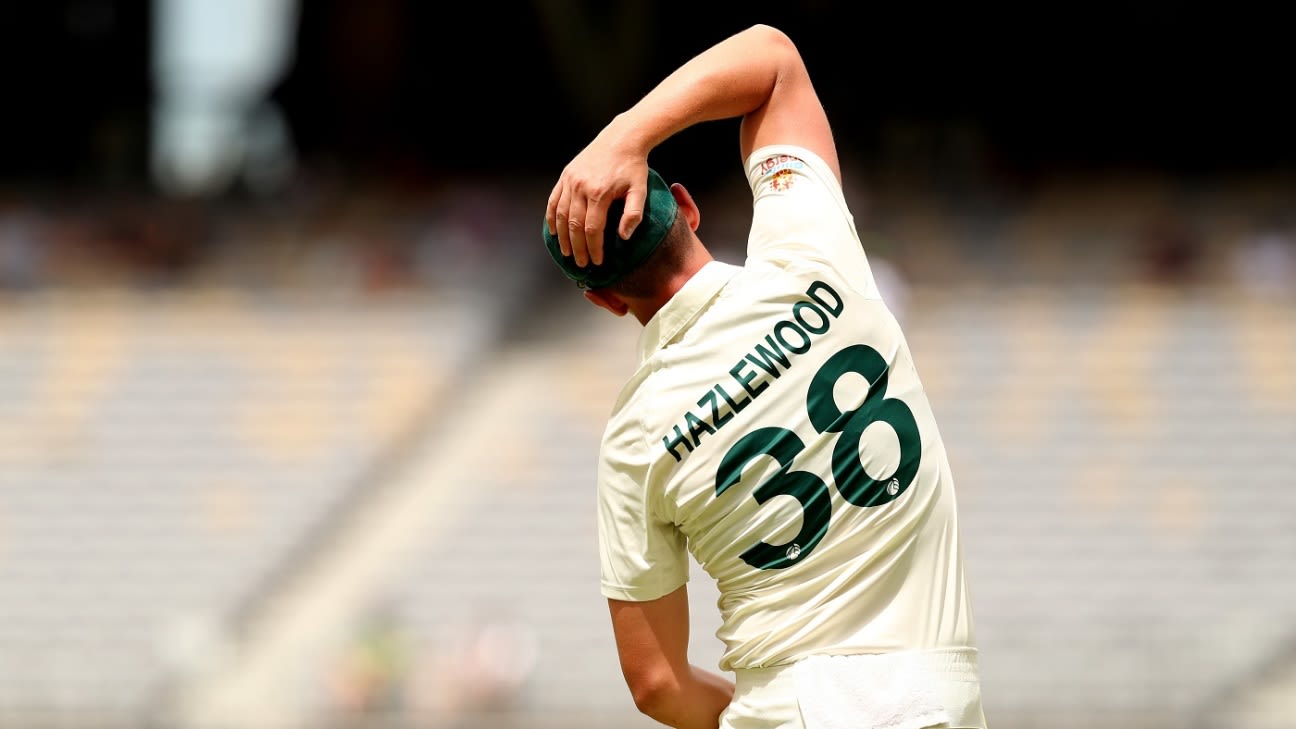
Initially his withdrawal from the match was attributed to "general soreness" but further investigation revealed the side strain. He will return to Sydney on Friday for rehabilitation and be assessed again after the West Indies series.
The first Test against South Africa starts in Brisbane on December 17. The situation has echoes of how last summer panned out for Hazlewood when he picked up a side strain against England at the Gabba and then missed the rest of the Ashes.
"I feel for Joshy, he's pretty understandably flat," Cummins told Channel 7. "It's a low-level strain in his side. He was a little bit sore after the last Test match, had a bowl in the nets yesterday to prove his fitness and was a bit sorer than we'd all hoped."
Last week's Perth Test was just Hazlewood's second since the Brisbane outing against England having played just once on the tours of Pakistan and Sri Lanka - in Rawalpindi - with Australia then opting for two frontline spinners.
The fact Australia have already lost two of their key fast bowlers early in the season highlights the challenges of managing them through a hectic schedule which sees five Test played in little more than five weeks.
While the first-choice quicks won't be involved in the BBL during January, there is not much of a break before they head to India for four Tests. Those fixtures were confirmed by the BCCI on Thursday with the opening Test beginning on February 9 in Nagpur followed by matches in Delhi, Dharamsala and Ahmedabad with the last Test starting on March 9.
However, it is unlikely that Australia will field three frontline quicks and Cameron Green in all those matches.
As was the case last season in Adelaide, Mitchell Starc was the first-choice quick who remained in the XI against West Indies. He has shown outstanding resilience over the last few years and played all ten matches against England, Pakistan and Sri Lanka.


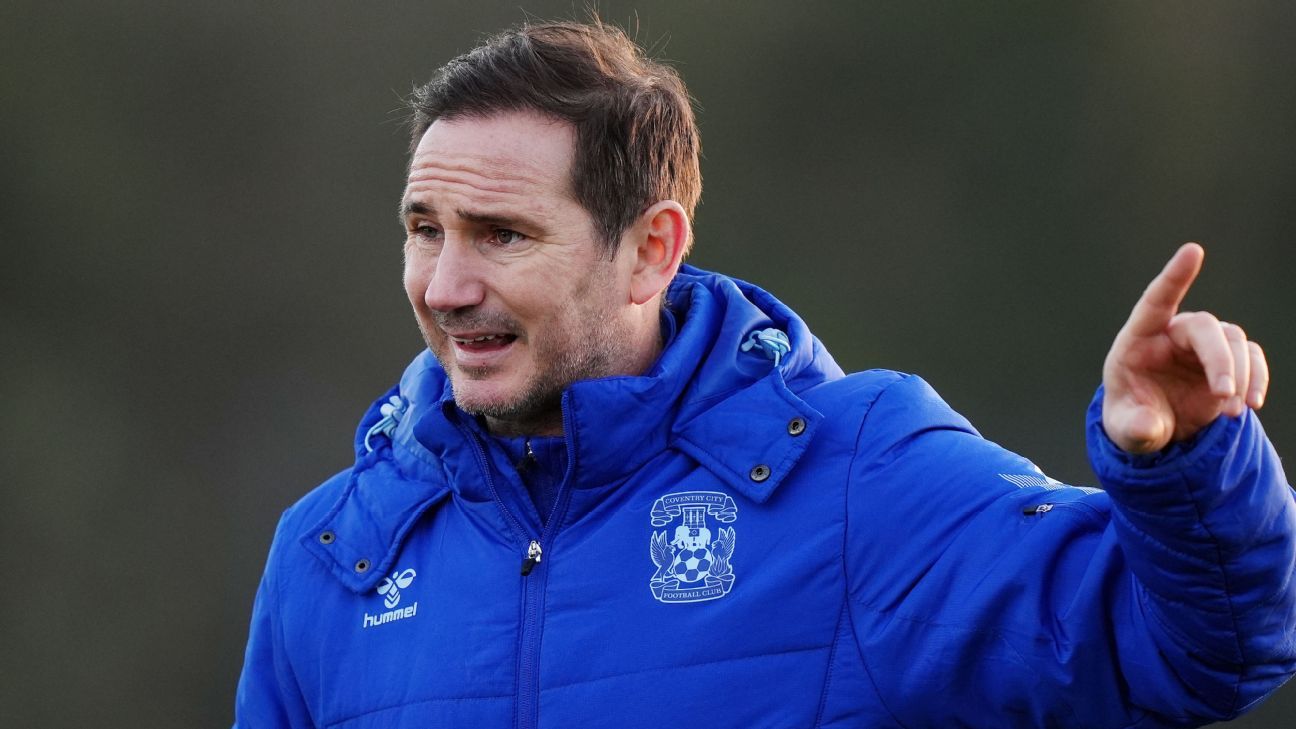
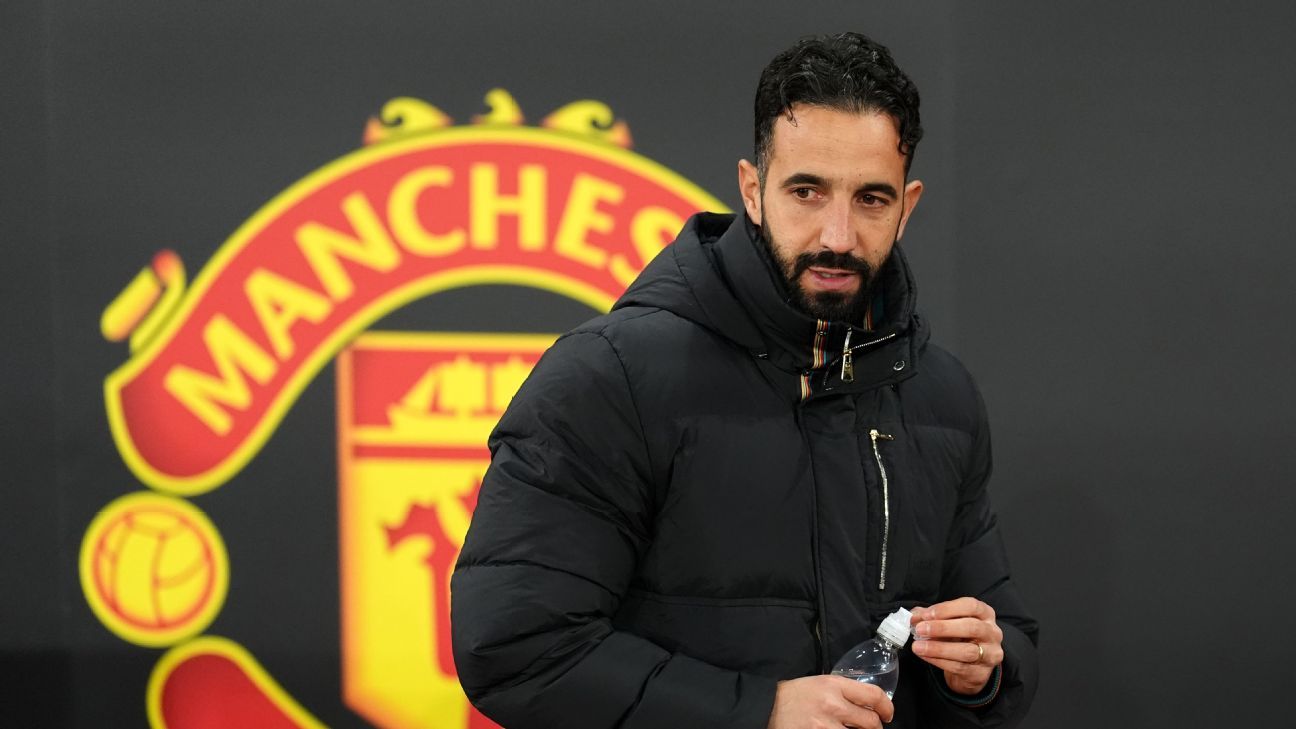







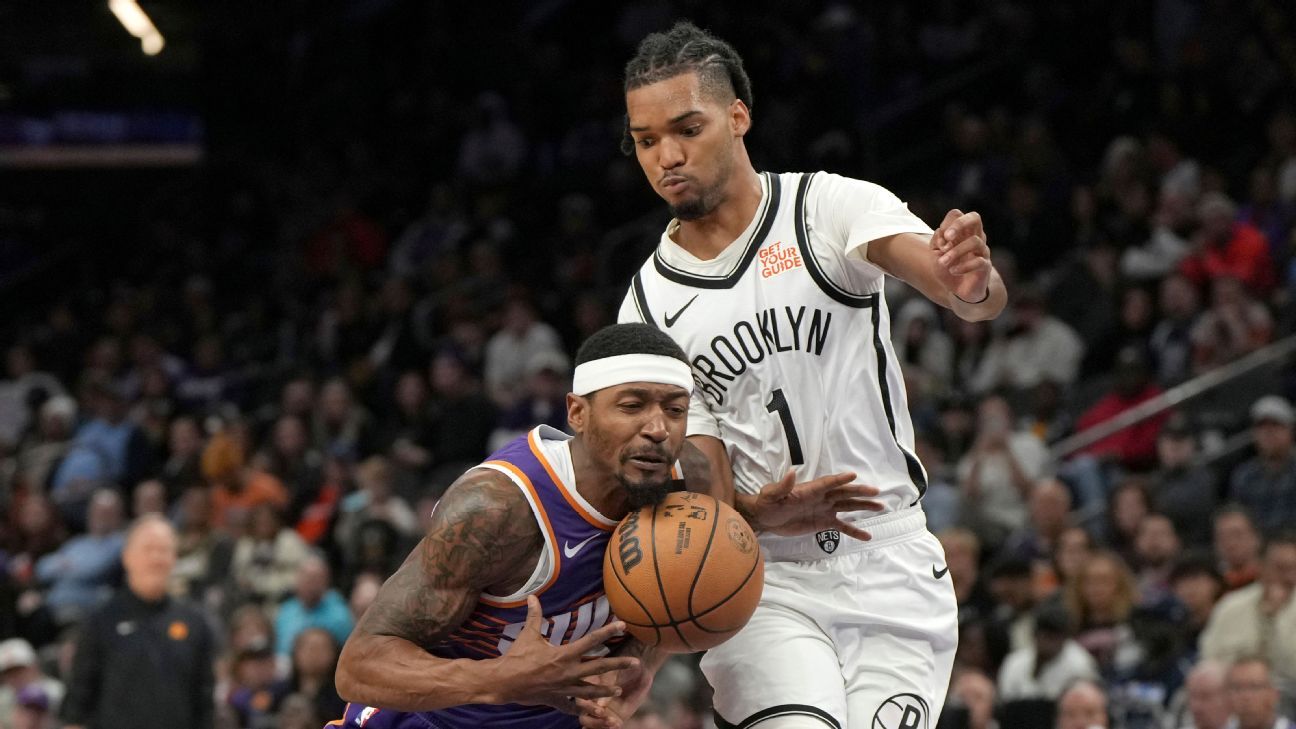
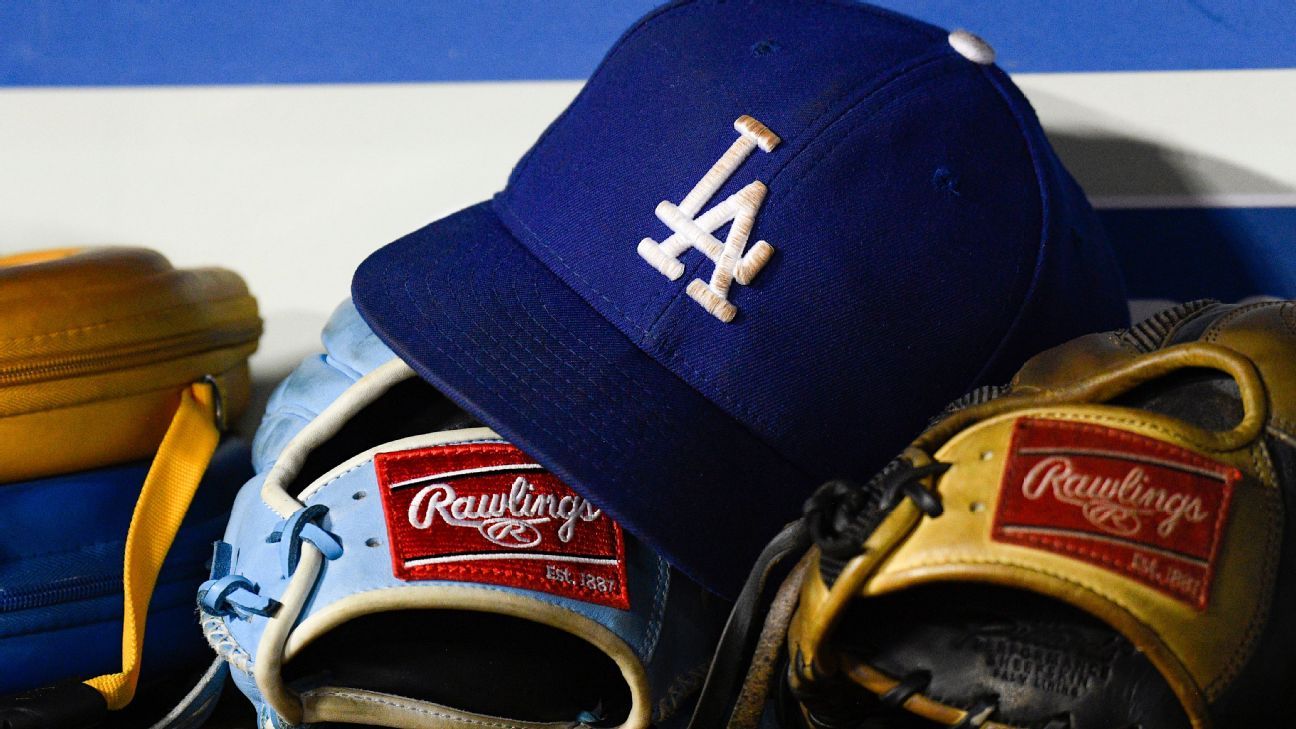
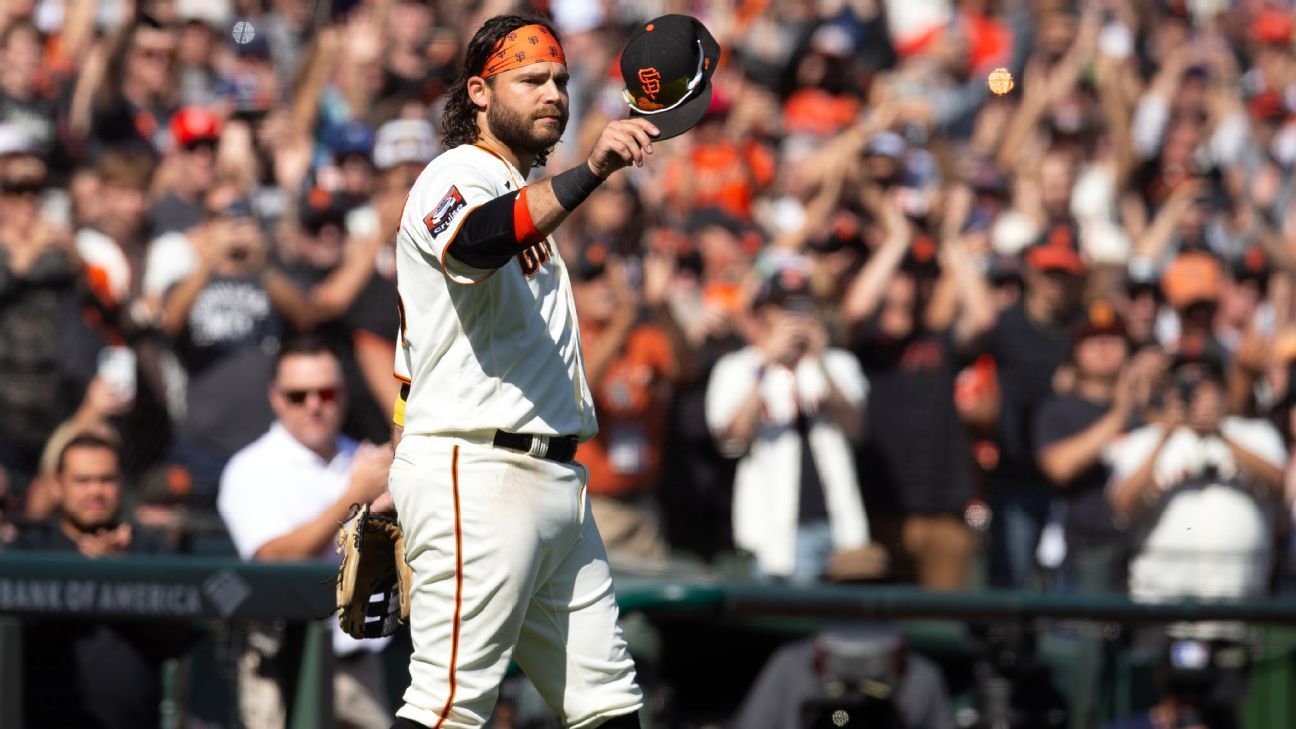

 Phone: (800) 737. 6040
Phone: (800) 737. 6040 Fax: (800) 825 5558
Fax: (800) 825 5558 Website:
Website:  Email:
Email: 






